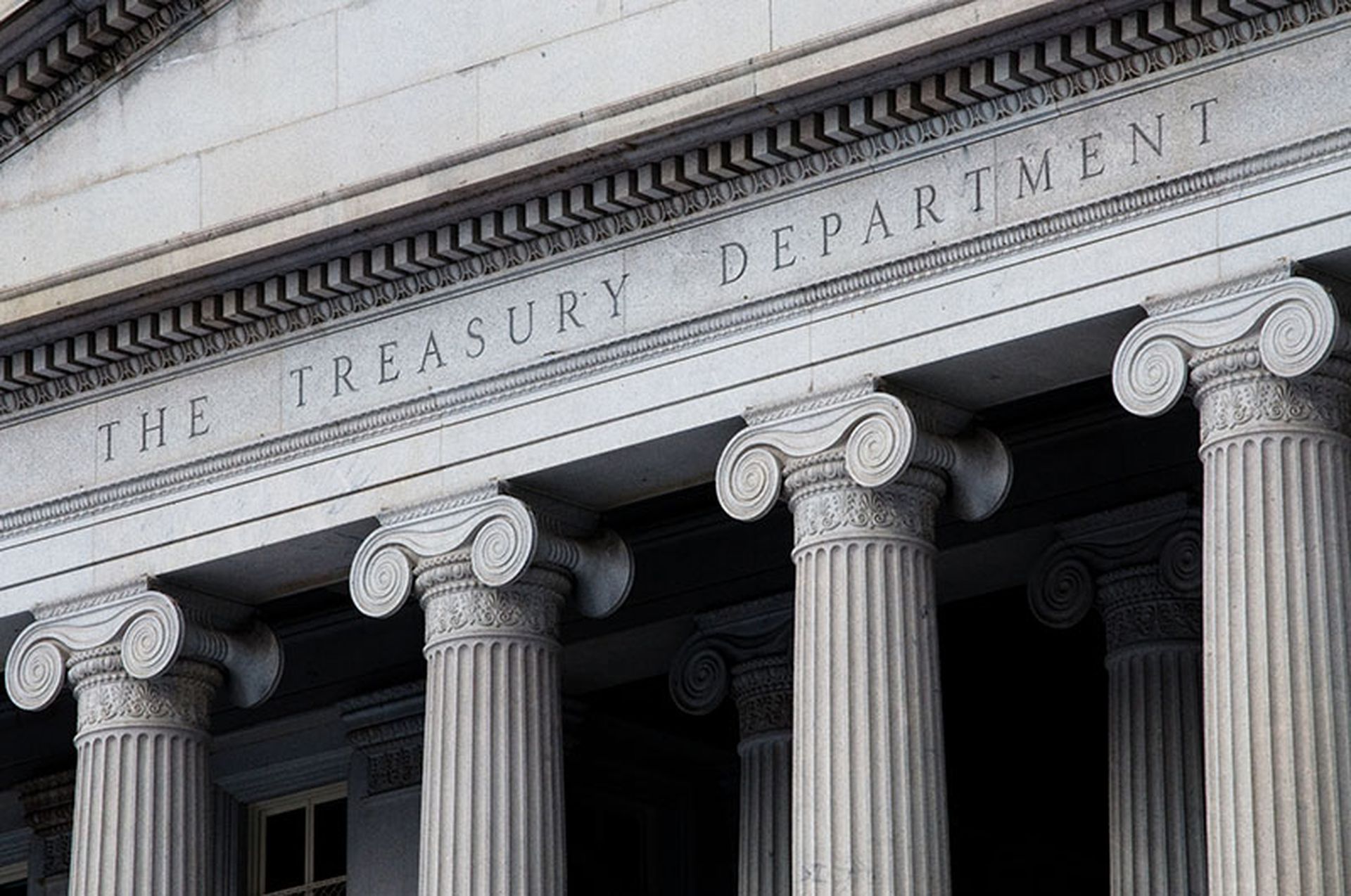U.S. Treasury Reverses Tornado Cash Ban
In a landmark decision, the U.S. Treasury Department has removed sanctions on Tornado Cash, a cryptocurrency mixing service, reversing a controversial ban imposed by the Office of Foreign Assets Control (OFAC) in 2022. The decision, announced on March 21, 2025, follows legal challenges and shifting U.S. policy on blockchain privacy tools.
This move has significant implications for crypto privacy, regulatory frameworks, and financial innovation in 2025.
Background: The 2022 Ban and Legal Challenges

Tornado Cash, launched in 2019, is a decentralized Ethereum protocol that enhances transaction anonymity by pooling and mixing funds via smart contracts.
- August 8, 2022: OFAC sanctioned Tornado Cash, alleging it facilitated $7 billion in transactions, including $455 million tied to North Korea’s Lazarus Group.
- The sanctions froze over 100 Ethereum addresses and banned U.S. persons from using the platform, sparking industry-wide controversy.
Legal Reversal and Treasury’s Response
The tide turned after legal battles:
- November 2024: The Fifth Circuit Court of Appeals (Van Loon v. Department of the Treasury) ruled that OFAC lacked authority to sanction Tornado Cash’s immutable smart contracts under the International Emergency Economic Powers Act (IEEPA).
- January 2025: A Texas district court upheld this ruling, further undermining the sanctions.
- March 21, 2025: The Treasury officially delisted Tornado Cash, citing “unique legal and policy challenges posed by decentralized financial tools.”
Treasury’s New Crypto Policy Stance
While reversing the ban, the Treasury reaffirmed its focus on illicit finance, particularly North Korean cyber threats.
- All associated Ethereum addresses are now unrestricted.
- Treasury Secretary Scott Bessent emphasized a “balanced approach”, stating: “Digital assets hold promise for innovation, but we must safeguard them from exploitation.”
- Future actions may target specific misuse rather than entire protocols, signaling a new regulatory direction in 2025.
Impact on Crypto Privacy and Innovation

The crypto industry reacted swiftly to the decision:
- TORN token surged 75% within hours, per Etherscan data.
- Privacy advocates hailed the move as a win for financial freedom, arguing that mixing services protect activists and law-abiding users—not just criminals.
- Crypto startups face fewer legal risks when developing privacy-focused tools, potentially fueling DeFi innovation.
This aligns with broader 2025 regulatory trends, such as:
- March 21, 2025: SEC Commissioner Hester Peirce proposed NFT fundraising exemptions from securities regulations.
- The IMF’s ongoing crypto integration efforts, signaling a global shift toward mainstream adoption.
However, developers remain in legal jeopardy despite Tornado Cash’s restored status.
Developer Legal Challenges Remain

- Roman Storm faces a July 2025 trial on money laundering charges, upheld in February 2025 by Judge Katherine Polk Failla.
- Roman Semenov remains individually sanctioned.
- Alexey Pertsev is serving a five-year sentence in the Netherlands.
These cases highlight an ongoing tension between open-source code and regulatory enforcement.
Looking Forward: What’s Next for Crypto Regulation?
The Tornado Cash ruling revives privacy protocols, but regulatory scrutiny remains:
- Ethereum and Monero prices rose post-announcement, reflecting market optimism.
- The Treasury may now focus on transaction-level oversight, shifting away from outright bans.
- 2025 is shaping up to be a transformative year for blockchain privacy and regulatory clarity.
As the U.S. recalibrates its crypto policy, this decision marks a pivotal moment in the intersection of regulation, privacy, and financial innovation.
Disclaimer: This article is for informational purposes only and does not constitute financial or investment advice.




